Cast iron cookware has been a staple in kitchens for generations, celebrated for its durability and exceptional heat retention. However, cast iron's biggest challenge remains rust, which can compromise both its performance and appearance. Follow these comprehensive tips to keep your cast iron cookware rust-free and in excellent condition for years to come.
Table of Contents
- 1. Season Your Cast Iron Properly
- 2. Dry Thoroughly After Washing
- 3. Avoid Soaking or Leaving it Wet
- 4. Use the Right Cleaning Techniques
- 5. Store Properly
- 6. Avoid Cooking Acidic Foods Frequently
- 7. Re-Season at the First Sign of Rust
- 8. Use Quality Pre-Seasoned Cookware
- 9. Regular Maintenance is Key
- 10. Prevent Rust During Long-Term Storage
- 11. Conclusion
Season Your Cast Iron Properly
Seasoning creates a protective, non-stick coating on the surface of your cast iron cookware.
-
Steps for seasoning:
-
Preheat your oven to 180°C (350°F).
-
Apply a thin layer of oil (such as vegetable oil or flaxseed oil) to the entire cookware, inside and out.
-
Place the cookware upside down in the oven, with a baking sheet underneath to catch drips.
-
Bake for 1 hour, then allow it to cool completely in the oven.
Repeat this process periodically or when the surface begins to look dull or patchy.
Dry Thoroughly After Washing
Water is rust's best friend, so always ensure your cast iron cookware is completely dry after washing.
-
Use a lint-free cloth or paper towel to wipe the surface dry.
-
For added assurance, place the cookware on low heat for a few minutes to evaporate any remaining moisture.
Avoid Soaking or Leaving it Wet
Never leave cast iron submerged in water or let it air-dry, as prolonged exposure to moisture encourages rust.
-
Instead, wash it immediately after use and dry it promptly.
Use the Right Cleaning Techniques
-
Avoid harsh detergents or abrasive scrubbers that can strip the seasoning.
-
Use a soft sponge or a dedicated cast iron scrubber for cleaning.
-
For stubborn food residue, use coarse salt as a natural abrasive—this also helps preserve the seasoning.
Store Properly
Proper storage is crucial for preventing rust.
-
Ensure your cast iron is completely dry before storing.
-
Apply a light coat of oil to the surface before putting it away.
-
Store in a dry place with good ventilation. Avoid stacking heavy items on top of it, as this can damage the seasoning.
Avoid Cooking Acidic Foods Frequently
Acidic ingredients like tomatoes, vinegar, and citrus can erode the seasoning and expose the bare metal to rust.
-
Limit cooking highly acidic recipes in cast iron, or ensure the cookware is well-seasoned if you plan to do so.
Re-Season at the First Sign of Rust
If you notice minor rust spots, address them immediately:
-
Scrub the rusted area gently with fine steel wool until the rust is removed.
-
Rinse, dry thoroughly, and re-season the cookware to restore its protective coating.
Use Quality Pre-Seasoned Cookware
Opting for pre-seasoned cast iron cookware, like the Meyer Pre-Seasoned Cast Iron range, can reduce the effort of initial seasoning. These pieces come with a robust seasoning layer, making them ready to use right out of the box and resistant to rust.
-
Meyer Pre-Seasoned Cast Iron Cookware features superior craftsmanship, ensuring long-lasting durability and effortless maintenance with proper care.
Regular Maintenance is Key
Maintaining your cast iron cookware involves:
-
Wiping it down with oil occasionally to refresh the seasoning.
-
Checking for signs of damage, such as scratches or rust, and addressing them promptly.
Prevent Rust During Long-Term Storage
If you plan to store cast iron cookware for an extended period:
-
Apply a thicker layer of oil to the surface.
-
Wrap it in paper towels or a breathable cloth to absorb any residual moisture.
Conclusion
By following these tips, you can ensure that your cast iron cookware remains rust-free and ready to deliver perfectly cooked meals for years to come. With just a little care, your cast iron will age beautifully, becoming an heirloom piece you'll cherish in 2025 and beyond.



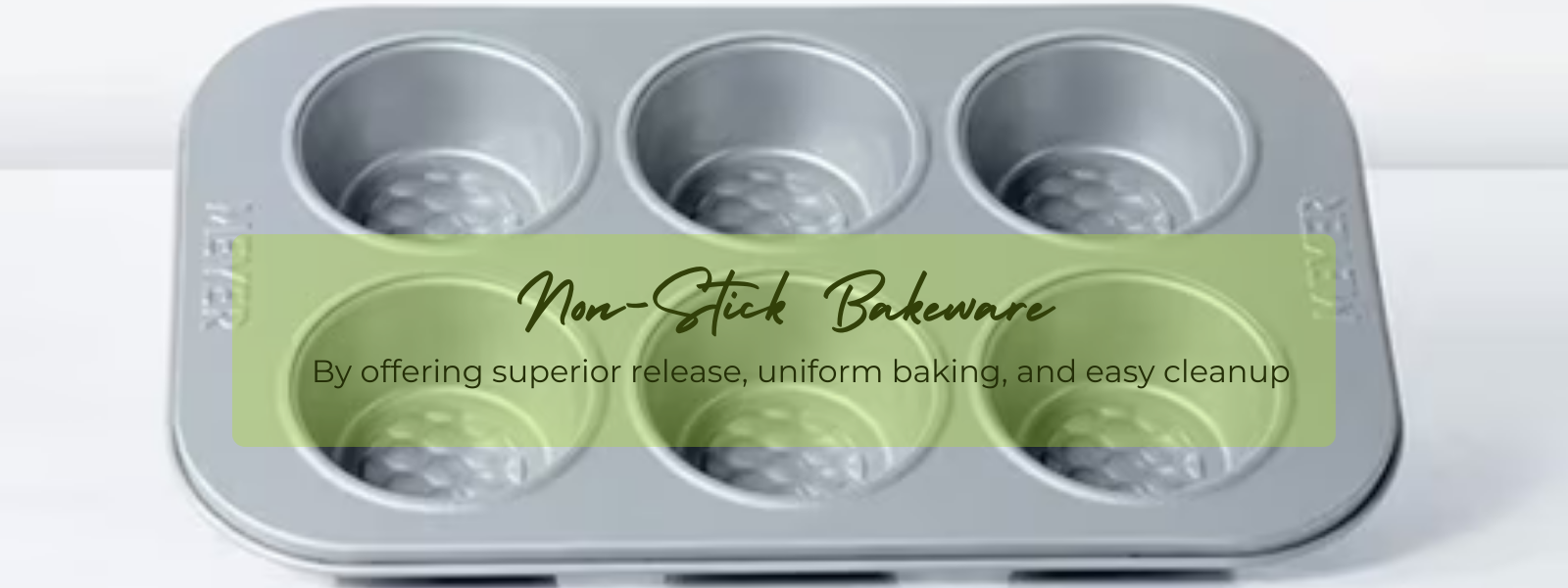
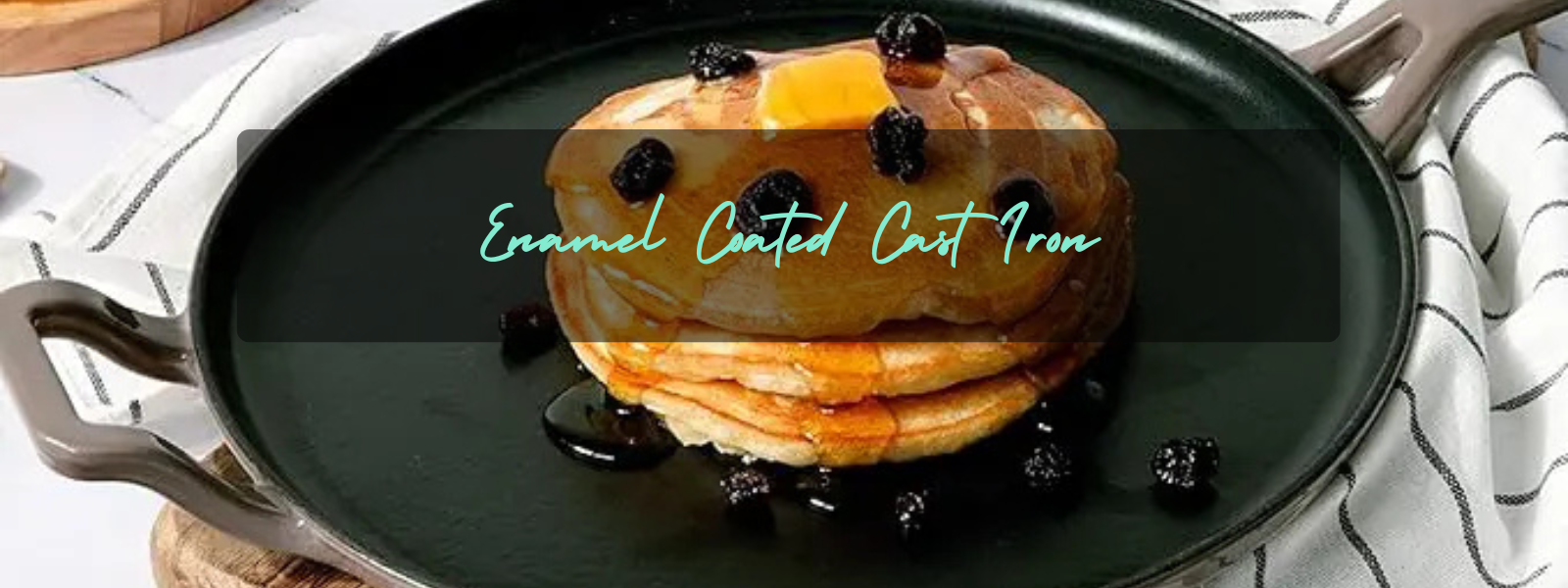
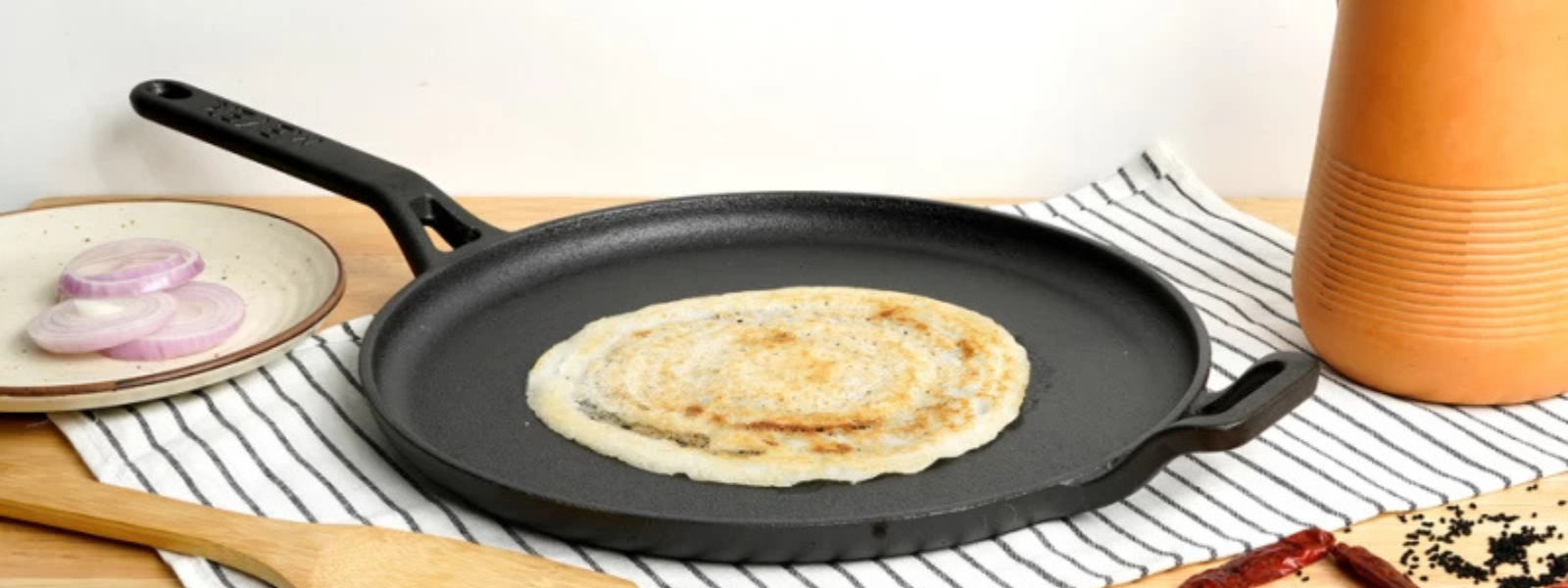
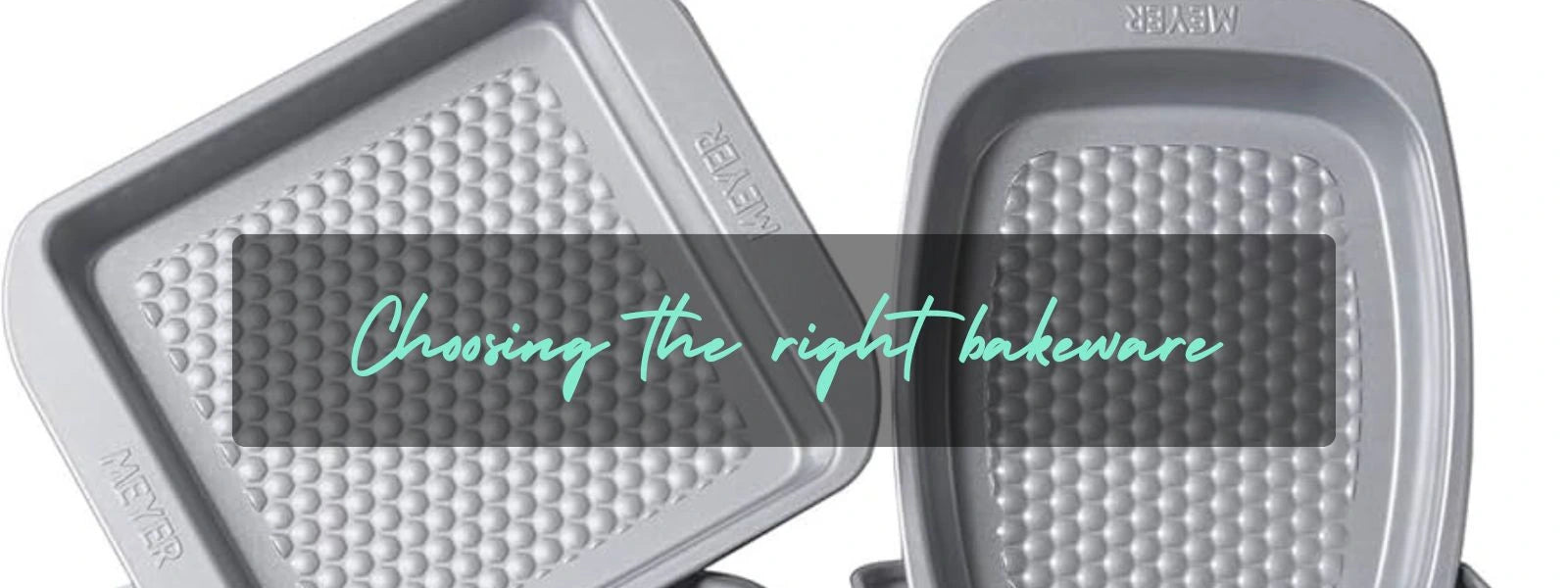
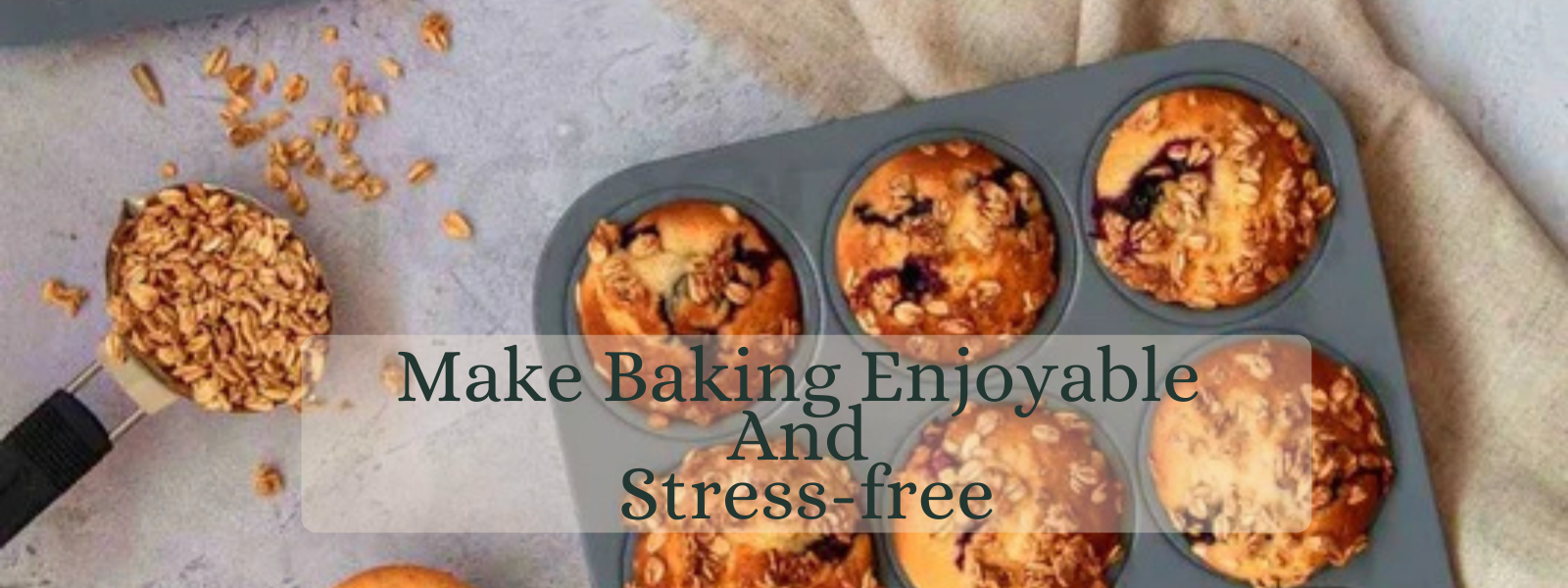
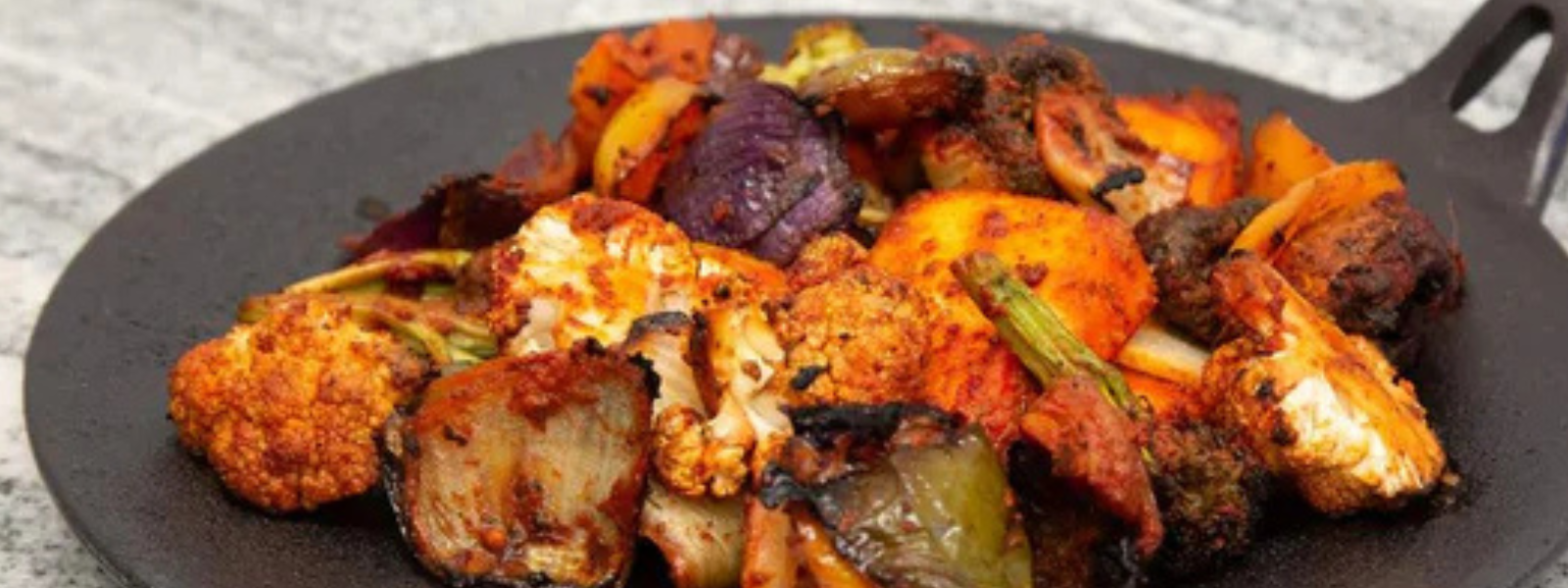
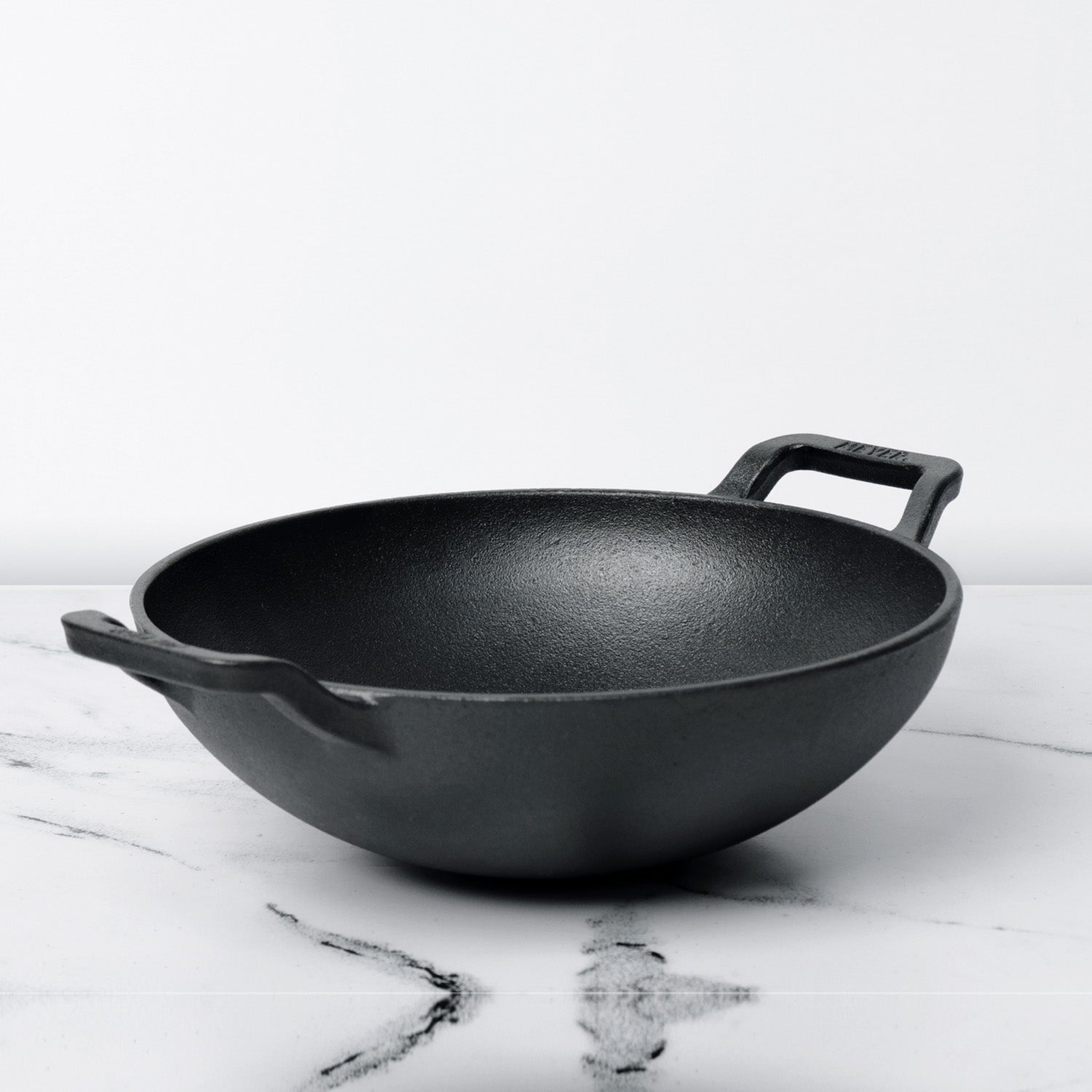
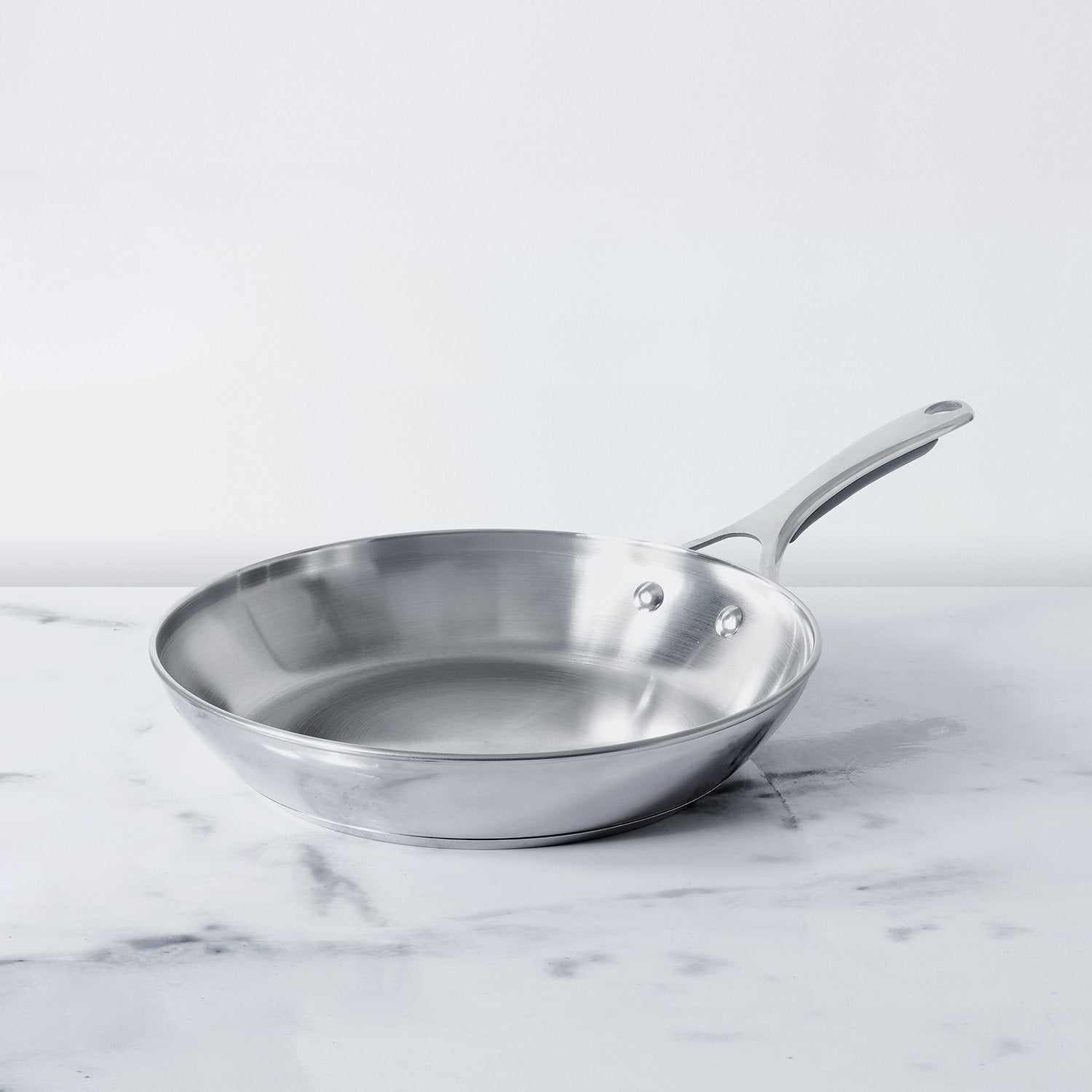




Leave a comment